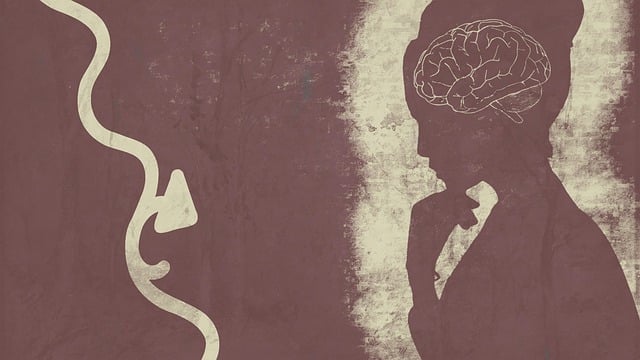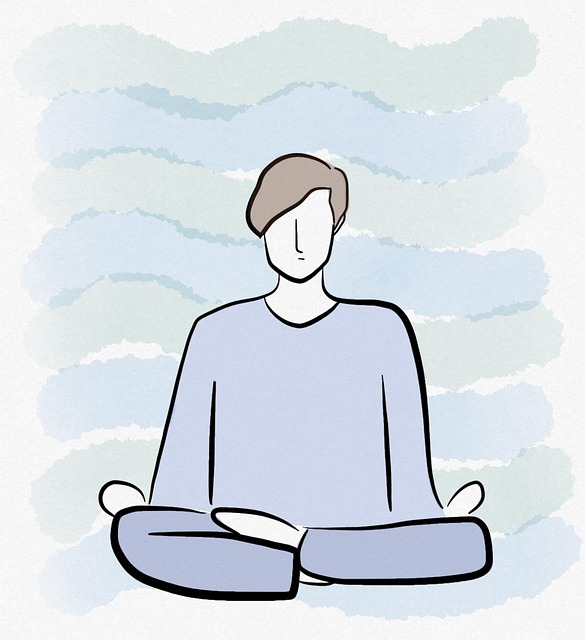Mental wellness is paramount for overall well-being, impacted by conditions like Castle Rock Conduct Disorder (CRCD). Public awareness campaigns combat stigma while promoting open conversations about mental health. Professionals utilize risk assessments to practice safely and effectively, often employing therapy methods like CRCDT which addresses psychological factors and trauma. Journaling, a powerful tool within CRCDT, enhances self-reflection, emotional intelligence, empathy building, and personal growth. Regular journaling sessions help track emotions, identify patterns, reduce burnout in professionals, and aid clients' progress in CRCDT. Techniques from this therapy, combined with mental health education, support improved mental wellness through compassion cultivation and better risk management.
Mental wellness is integral to our daily lives, yet it’s often overlooked. This article explores the profound impact of mental health on our overall well-being, highlighting the importance of emotional regulation. We introduce the Castle Rock Conduct Disorder Therapy (CRCDT) approach, a proven method for enhancing mental clarity and growth. Through structured journaling routines and effective techniques, CRCDT empowers individuals to navigate their emotions, fostering personal development and improved life satisfaction. Discover how this simple practice can revolutionize your mental wellness journey.
- Understanding Mental Wellness and its Impact on Daily Life
- The Benefits of Journaling for Emotional Regulation
- Introducing the Castle Rock Conduct Disorder Therapy Approach
- Creating a Structured Journaling Routine
- Effective Techniques to Enhance Mental Clarity and Growth
Understanding Mental Wellness and its Impact on Daily Life

Mental wellness is a crucial aspect of overall health and well-being, encompassing our emotional, psychological, and social stability. It affects how we think, feel, and act in daily life, impacting our ability to cope with stress, make choices, and relate to others. Understanding mental wellness involves recognizing its diverse forms, from feeling calm and balanced to managing challenging emotions like anxiety or depression.
In today’s fast-paced world, the impact of mental health issues on daily functioning cannot be overlooked. Conditions such as Castle Rock Conduct Disorder can significantly influence a person’s behavior, relationships, and overall quality of life. Public Awareness Campaigns Development plays a vital role in shedding light on these matters and reducing the stigma associated with seeking help. By promoting Anxiety Relief and encouraging open conversations about mental health, individuals are empowered to take proactive steps towards managing their well-being. Moreover, for professionals working in this field, conducting thorough Risk Assessments is essential to ensure safe and effective practices.
The Benefits of Journaling for Emotional Regulation

Journaling has emerged as a powerful tool for emotional regulation, offering individuals a safe and private space to explore their thoughts and feelings. By putting pen to paper, one can gain profound insights into their emotional landscape, which is especially beneficial for those managing conditions like Castle Rock Conduct Disorder. This practice encourages self-reflection, allowing individuals to identify and understand their emotional responses to various situations. Through regular journaling exercises, people can develop a stronger connection with their emotions, fostering better emotional intelligence and resilience.
In the context of Mental Wellness Journaling Exercise Guidance, this process facilitates the development of Empathy Building Strategies. By articulating and examining one’s feelings, individuals may become more attuned to both their own and others’ emotional states, enhancing interpersonal connections. Moreover, journaling can be a valuable component in Mental Wellness Coaching Programs Development, as it enables coaches to track progress, identify triggers, and tailor strategies for improved emotional well-being.
Introducing the Castle Rock Conduct Disorder Therapy Approach

The Castle Rock Conduct Disorder Therapy (CRCDT) Approach is a revolutionary method designed to address conduct disorders and associated mental health issues in individuals facing challenges due to their actions and behaviors. This therapy focuses on empowering clients to take control of their lives by understanding the underlying causes of their conduct, which often stem from complex psychological factors and traumatic experiences. By employing evidence-based techniques, CRCDT aims to reduce the mental illness stigma that may surround these disorders and foster a supportive environment for healing.
The therapy’s core strategy involves a collaborative process where therapists work closely with clients to develop personalized goals and action plans. This tailored approach considers each individual’s unique needs, ensuring effective risk management planning for mental health professionals treating conduct disorders. Through structured activities and reflective exercises, CRCDT facilitates trauma support services, helping clients process and overcome past traumas that might contribute to their current behaviors.
Creating a Structured Journaling Routine

Establishing a consistent journaling practice can be a powerful tool for managing mental wellness, offering a dedicated space to process emotions and track personal growth. To begin, find a quiet moment each day to sit with your journal. Whether it’s first thing in the morning or before bed, consistency is key. Start by setting a timer for 15-30 minutes to avoid feeling rushed.
Your journal is a safe haven, so be open and honest with your reflections. Consider using prompts to guide your writing if you find yourself stuck. For instance, explore techniques like gratitude journaling, where you list three things you’re thankful for each day, or use prompts like “How did I feel today?” or “What challenges did I face and how did I overcome them?”. Regularly reviewing your emotions through this structured practice can aid in identifying patterns, fostering self-awareness, and promoting emotional healing processes—all essential aspects of Castle Rock Conduct Disorder Therapy. Moreover, this routine can serve as an effective burnout prevention strategy for mental health professionals, helping them to manage their own mental wellness alongside that of their clients.
Effective Techniques to Enhance Mental Clarity and Growth

Journaling is a powerful tool to gain mental clarity and foster personal growth. By reflecting on thoughts and experiences through Castle Rock Conduct Disorder Therapy techniques, individuals can identify patterns, process emotions effectively, and develop new insights. One effective method is practicing compassion cultivation, which involves writing about your own experiences with kindness and understanding, mirroring the approach of Compassion Cultivation Practices. This process helps to reduce negative self-talk and promotes a sense of calm, allowing for better decision-making and problem-solving skills.
Additionally, incorporating risk assessment strategies, as discussed in Mental Health Education Programs Design, can aid in identifying potential triggers or challenges. Journaling prompts related to risk assessment encourage individuals to evaluate their emotional states, thoughts, and behaviors, enabling them to develop coping mechanisms and enhance overall mental wellness. Through regular practice, these techniques contribute to personal development, making it easier to navigate life’s complexities with resilience and a clearer mindset.
Mental wellness journaling is a powerful tool for self-discovery and growth, offering numerous benefits for emotional regulation. By incorporating techniques from the Castle Rock Conduct Disorder Therapy approach, individuals can create structured routines that promote mental clarity and overall well-being. This practice allows one to navigate life’s challenges with resilience, fostering personal development and enhancing their ability to manage stress and emotions effectively. Start journaling today and unlock your path to improved mental wellness.














